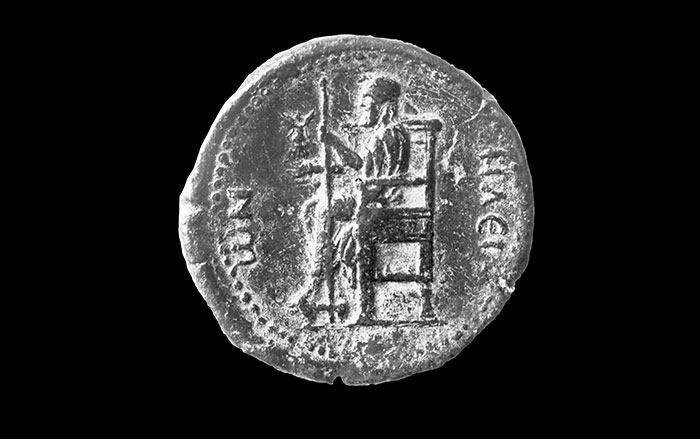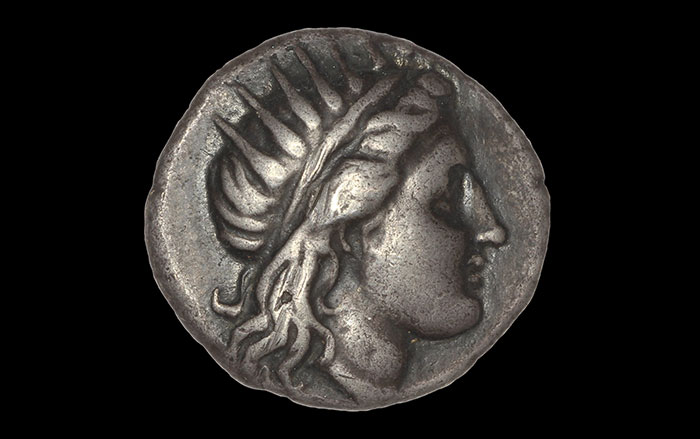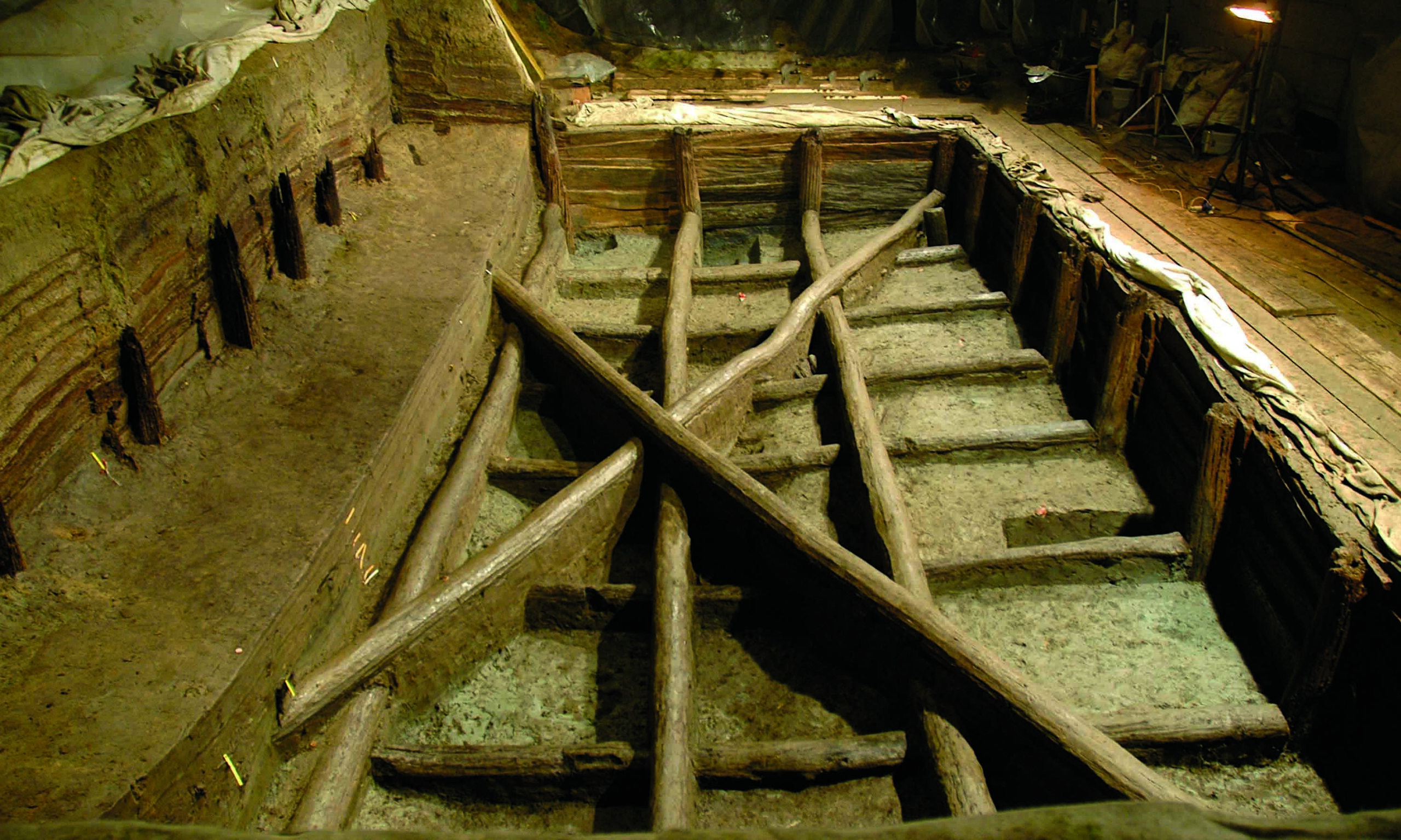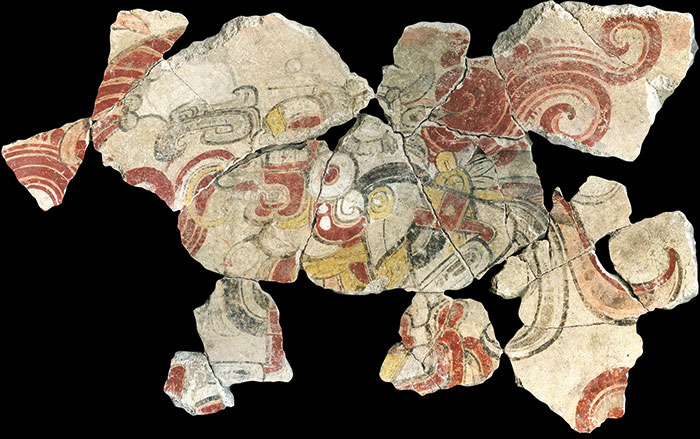LONG BEACH, CALIFORNIA—According to a Science Magazine report, archaeologist Debby Sneed of California State University, Long Beach, suggests that abandoning disabled infants was not an accepted practice in ancient Greek culture, contrary to a description of the Spartan assessment of newborns by a council of elders written by Plutarch some 700 years later. Sneed noted ancient accounts of a Spartan king who was unusually short of stature with impaired legs, and a Greek doctor who wrote advice around 400 B.C. for adults with impaired arms. Recent study of the remains of more than 400 infants discovered in a well in Athens in 2018 recorded the remains of a child born with hydrocephaly who lived for six to eight months. “That infant needed to be cared for to a significant degree,” Sneed said. “People were still giving that care until it died.” Archaeological evidence for infant care in Greece also includes small ceramic bottles with spouts found in some infant graves. The children may have had cleft palates, she explained, as sometimes seen in figurines of adults with the condition. “We have plenty of evidence of people actively not killing infants, and no evidence that they did,” Sneed concluded. To read about stone ramps at ancient Greek healing sanctuaries that were likely installed for mobility-impaired clientele, go to "To Reach the Gods."
Did the Ancient Greeks Practice Infanticide?
News December 13, 2021
Recommended Articles

Secrets of the Seven Wonders November/December 2025
Statue of Zeus at Olympia
Greece, fifth century b.c.


Off the Grid September/October 2025
Necropolis of Pantalica, Italy

-
Features November/December 2021
Italian Master Builders
A 3,500-year-old ritual pool reflects a little-known culture’s agrarian prowess
 (Ministero della Cultura)
(Ministero della Cultura) -
Features November/December 2021
Ghost Tracks of White Sands
Scientists are uncovering fossilized footprints in the New Mexico desert that show how humans and Ice Age animals shared the landscape
 (Jerry Redfern)
(Jerry Redfern) -
Features November/December 2021
Piecing Together Maya Creation Stories
Thousands of mural fragments from the city of San Bartolo illustrate how the Maya envisioned their place in the universe
 (Digital image by Heather Hurst)
(Digital image by Heather Hurst) -
Features November/December 2021
Gaul's University Town
New excavations have revealed the wealth and prestige of an ancient center of learning
 (Digital image by Heather Hurst)
(Digital image by Heather Hurst)


